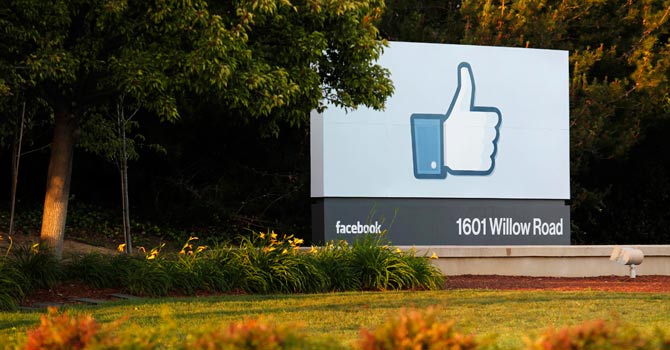Everybody loves a few Likes on anything that they post on the World Wide Web. Likes began as something for the users of Facebook to use when they wanted to show approval or excitement about any of their friends’ posts or pictures. It then grew into something that marketers could use to effectively measure their results on their Facebook marketing efforts. Now, we have all heard of the phony Like issues, and that Facebook may be an avid user of bots, but Likes are still on of the most widely used units of measurement for Facebook success. Just today, I found out some things about Likes that shocked me a bit.
The things I found out all came from The Next Web, a publication that provides the latest news in internet technology. They have reported recently that a bug has been found that showed two Likes for every sharing of data in a private conversation. Supposedly, Facebook has fixed this issue, but it just shows that Likes are continuing to have issues, even though Facebook is always doing everything they can to fix the issues that create faulty results. This issue is not the main thing that surprised me when reading The Next Web’s report, though.
The real shocker was finding out that privately shared data was making Like numbers grow. Personally, I thought that Likes were nothing more than Likes, only being counted when people actually hit the Like button. It would appear that I was terribly wrong, because links and data shared through messages, private or public, also count as Likes on Facebook.
From the article on The Next Web:
This is news to me. Yet this was clearly the case before as on the Like button Web page over on Facebook Developers, the social networking giant says the number shown on a Like button is the sum of:
- The number of likes of this URL.
- The number of shares of this URL (this includes copy/pasting a link back to Facebook).
- The number of likes and comments on stories on Facebook about this URL.
- The number of inbox messages containing this URL as an attachment.
Taking this into consideration, I now realize that Likes are more often not even the result of the actual action of Liking something. Shares on Facebook are being measured as Likes as well. What really worries me a bit is that Facebook is even measuring the private sharing of URLs, which can potentially result in completely skewed results. People do not always share things because they like them, obviously. So, why when people share privately is it immediately considered a Like. Anyway, below is a statement that Facebook gave to The Next Web regarding the privacy of their users and the way that these sharing Likes work;
“Absolutely no private information has been exposed and Facebook is not automatically Liking any Facebook Pages on a user’s behalf.
Many websites that use Facebook’s ‘Like’, ‘Recommend’, or ‘Share’ buttons also carry a counter next to them. This counter reflects the number of times people have clicked those buttons and also the number of times people have shared that page’s link on Facebook. When the count is increased via shares over private messages, no user information is exchanged, and privacy settings of content are unaffected. Links shared through messages do not affect the Like count on Facebook Pages.”




